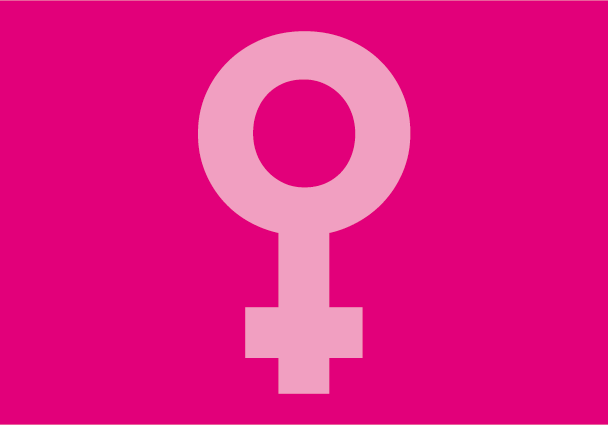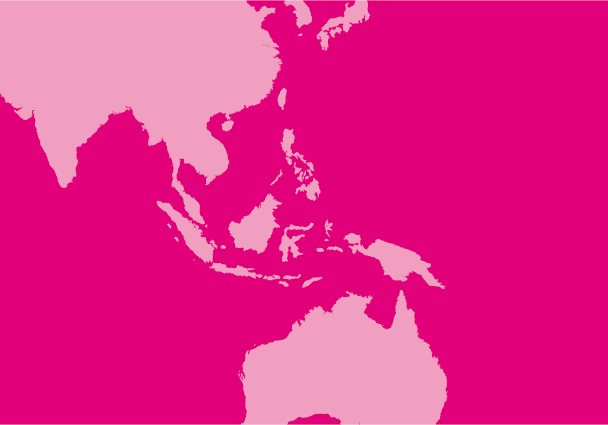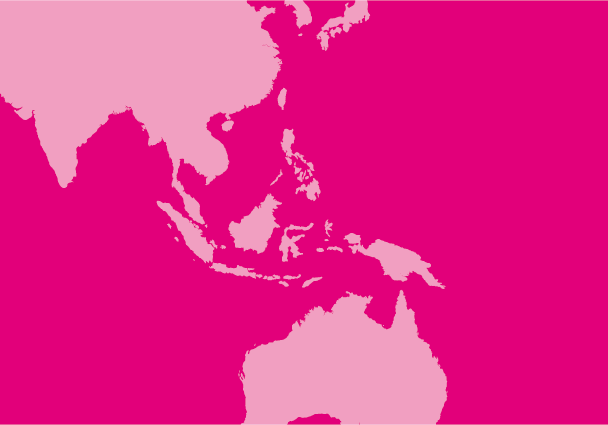In re Futyu Hostel, Tokyo High Court, Civil 4th Division, Japan (16 September 1997)
Procedural Posture An LGBT group called OCCUR was denied permission to stay in a government-run youth hostel by the Tokyo Educational Committee. OCCUR appealed the decision. The Tokyo District Court reversed the decision of the Committee, which then appealed to the...
ICJ publishes report on “Comfort Women”
This report published today is the outcome of an ICJ mission to the Philippines, the Republic of Korea, the Democratic People’s Republic of Korea and to Japan in April 1993 to study the issue.
The report documents the circumstances in which “sexual services” were forcibly obtained from Korean and Filipino women by the Japanese army before and during World War II. It contains the poignant testimonies of former “comfort women” who have had the courage to reveal their ordeal to the world. It also examines the legal responsibility of the present Japanese government towards these women whose numbers range between 100,000 and 200,000 and what steps must be taken to rehabilitate them.
The report is written by Ms. Ustinia Dolgopol, Lecturer at the School of Law, The Flinders University of South Australia and Ms. Snehal Paranjape, an Advocate of the Bombay High Court, India. They interviewed over 40 victims, three former soldiers, government representatives, NGOs, lawyers, academics and journalists.
The ICJ report finds that the Japanese Imperial Army was responsible for the setting up of a vast network of “comfort stations” for the “enjoyment” of the Japanese Army, before and during World War II. Chinese, Dutch, Filipino, Indonesian, Korean, Malaysian, Taiwanese and other women and girls, often as young as 13, were thrown into these “comfort stations” and “sexual services” were extracted from them through unimaginable violence and cruelty. The Japanese military was fully responsible for the setting up, use, operation and control of the “comfort stations.” Detailed regulations – which are reproduced in the Report – were framed by it in this regard.
This report urges the Government of Japan to take immediate steps to provide full rehabilitation and restitution to the victims as it is clear that it bears a moral and legal obligation towards them. It also contains a list of recommendations as to how this should be done.
The report is available at the ICJ Secretariat in Geneva.

Jurists urge better protection for mentally ill in Japan
The ICJ has urged Japan to revise its 1988 Mental Health Law in order to better protect the human rights of psychiatric patients.

ICJ preliminary report on mission to study mental health reforms in Japan
The ICJ published its preliminary report on a mission to Japan in April 1988 to examine both the reaction to the important reforms of the Mental Health Law and the measures being taken to implement the reforms.




